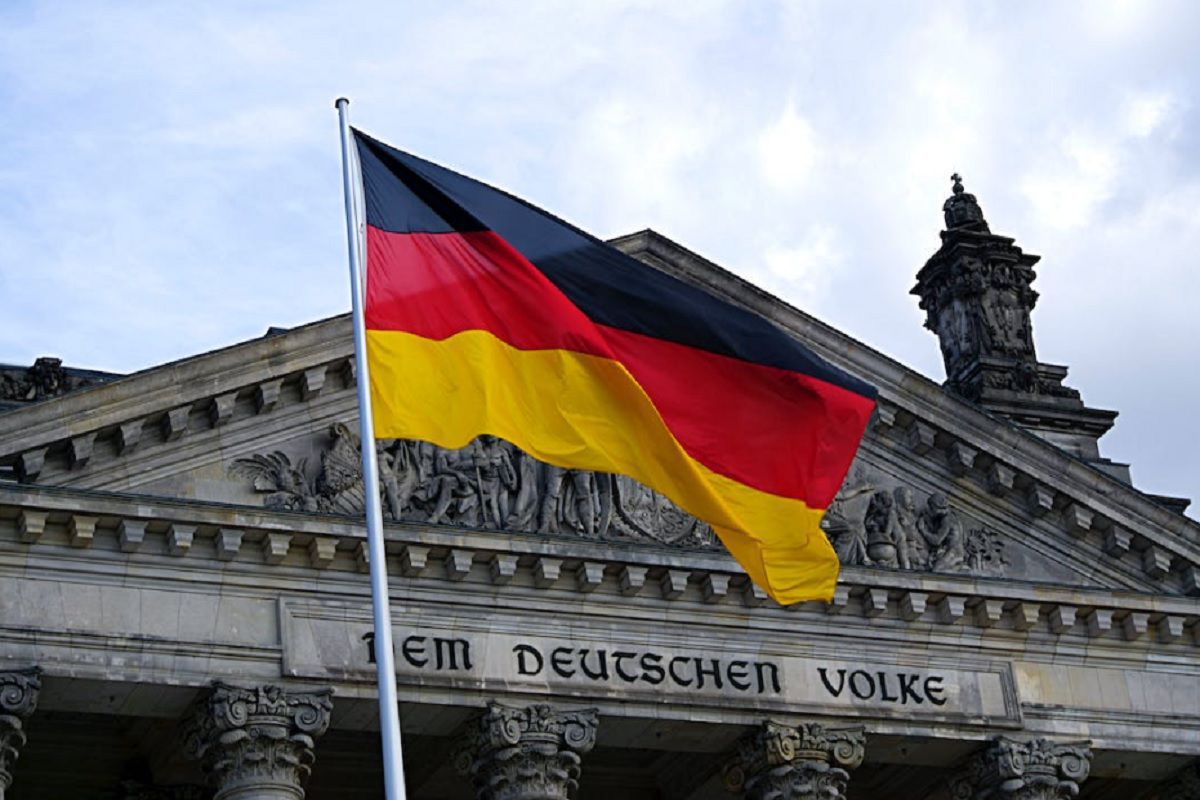Taiwanese chip manufacturer TSMC on Tuesday, August 8, announced the provision of financing in the amount of $3.8 billion for the construction of a plant in Germany.

The German factory will become the first production site of the Taiwanese brand in Europe. Also, as part of the project for the construction of the plant, financial support from the German government in the amount of $11 billion was provided. Currently, Europe is trying to bring supply chains closer in terms of the geographical aspect of this process and in terms of the organization of the corresponding type of activity.
The TSMC plant in Germany will become the company’s third production site outside Taiwan and China. For Berlin, this factory is of advanced importance as part of the realization of the desire to develop the domestic semiconductor industry. This production area is also important for the German automotive industry. Without stable and uninterrupted access to semiconductors, local vehicle manufacturers will lose their competitiveness at the global level.
The EU has approved a law on European chips. Within the framework of this law, state subsidies for the development of the relevant industry in the amount of $ 43 billion are provided. The EU aims to double its chip production capacity by 2023. The community of European countries is striving to catch up with the USA and Asia in terms of opportunities in the semiconductor area. This decision is partly due to the experience of chaos among European automakers and machine builders during the shortage of chips and the rising price of these products against the background of the coronavirus pandemic.
Germany has been trying to establish cooperation with a Taiwanese chip manufacturer since 2021. The media, citing German officials, report that the state will allocate up to $5.4 billion for the construction of a plant in Dresden, the capital of the eastern state of Saxony. It is not known whether these funds are additional financing or are included in the already mentioned $11 billion support.
German Chancellor Olaf Scholz said that the country is probably becoming the main place of semiconductor production in Europe. This statement was made less than two months after it became known about Intel’s intention to build two German chip manufacturing plants with a total cost of $32 billion.
Germany’s official position on the development of the semiconductor industry states that efforts are important for the sustainability of production structures around the world and have value for the future viability of the European continent.
On the territory of Saxony, the center of the electronic industry of the former East Germany, there are already several factories for the production of microchips. In a sense, TSMC is the largest investment in the development of this region and an incentive for the Prime Minister of this federal state, Michael Kretschmer, who faced fierce competition from the Alternative for Germany party ahead of the elections in 2024.
The head of Saxony at a press conference said that more than 10 thousand jobs that will be created at the new plant require more investment than originally planned. Also, in his opinion, in this case, it is necessary to gain migrants to work.
TSMC announced its intention to invest up to $3.7 billion in a subsidiary of European Semiconductor Manufacturing Company (ESMC), 70% of which it will own.
The German companies Bosch and Infineon, and the Dutch firm NXP will each own 10% of the plant, which will produce up to 40 thousand wafers per month for cars, industrial goods, and household goods. Semiconductor manufacturer Wolfspeed has already taken advantage of government subsidies to open a store in Germany.
Currently, the EU is aiming to increase its share in the global semiconductor market to 20%. This indicator is twice the current level.
German Economy Minister Robert Habeck assessed the investment as a vote of confidence in the German economy, which has suffered from high energy prices, provoking concerns about a slowdown in growth and the likelihood of deindustrialization of the country. He said that a full-fledged ecosystem for the production of semiconductors will be created in Germany. According to him, the achievement of this goal will provide orders for machine builders and manufacturers of optics.
TSMC is investing $40 billion in a plant in the western US state of Arizona. The United States is also currently implementing plans to expand chip production. Washington, together with Sony, is building a factory of the appropriate profile in Japan.
As we have reported earlier, Applied Materials Expands in India.









